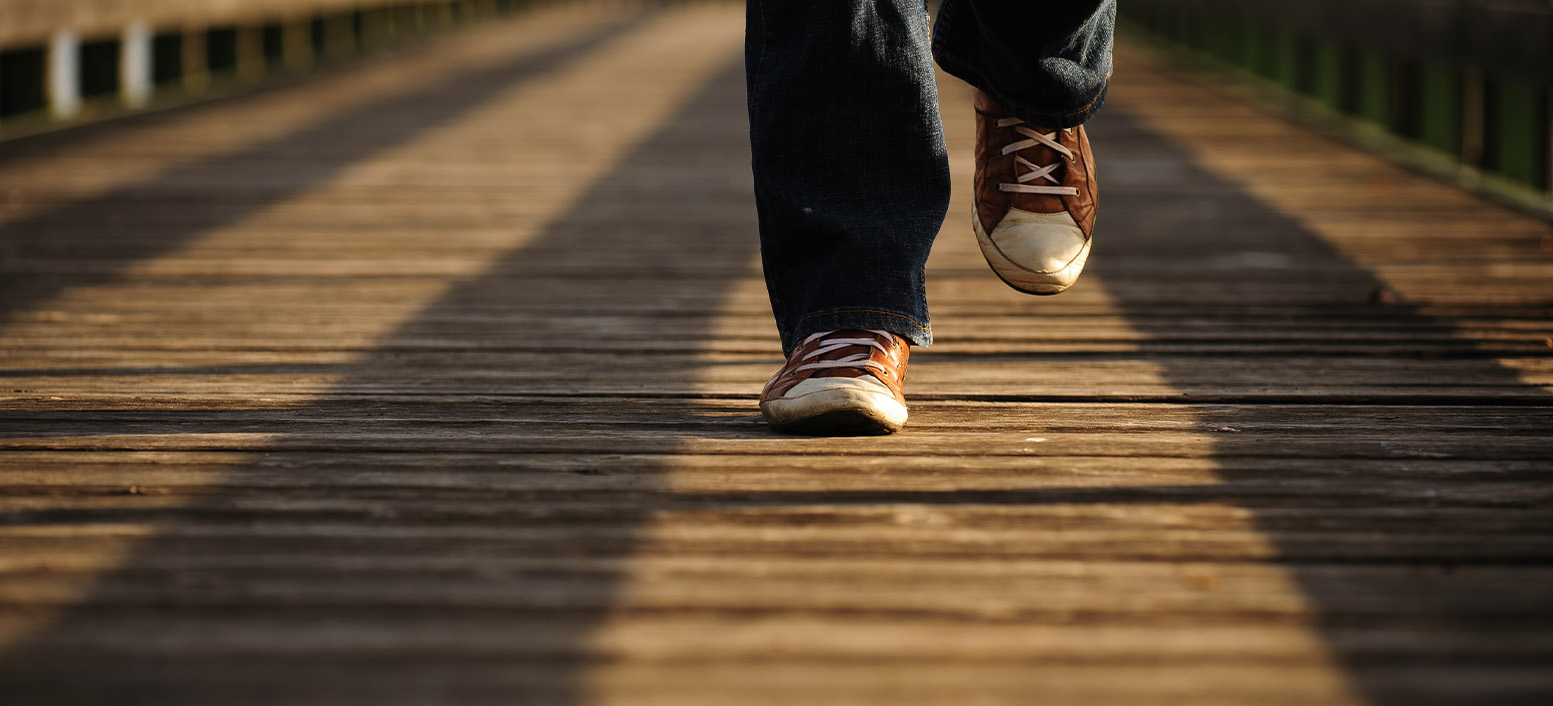Millions of seniors experience a fall every year. Current statistics state that one in four seniors will have a fall every year, and those who fall once are likely to fall again. The consequences of a fall can vary, but often they can have a serious impact on your wellbeing. Similarly, there are a variety of potential causes of falls. However, falls are not a natural part of getting older and can be avoided. To help protect you, this article will cover the most common causes of falls.
Consequences of a Fall
It’s important to understand what the possible outcome of a fall could be. Many people brush these incidents off, assuming they’ll have a few bruises and nothing more. However, a fall could have long-term effects. In fact, falls are the most common cause of traumatic brain injuries.
Even if the consequences of a fall are not this serious, you may be left with broken bones. One of the most common results of a fall amongst seniors is a hip fracture. Hip fractures can be very expensive to put right, especially if a replacement is required.
Furthermore, the damage caused by a fall could lead to mobility problems later. Therefore, it is important to be aware of the common causes of falls so they can be avoided.
Common Causes of Falls
There are many factors that can lead to falls. Some of these factors can be addressed to help prevent falls in future.
Poor Vision
Seniors with poor vision are at double the risk of falling. Often, this is due to not being able to see obstacles. However, spatial awareness is also affected, which can make it harder to determine where the edge of a surface is.
Balance Problems
Some medical conditions cause balance problems. A loss of balance is one of the leading causes of falls.
Poor Footwear
Broken or inappropriate footwear could affect your ability to move around safely. It may also be more likely to catch on objects. Both could contribute to causes of falls.
Muscle Weakness
Unfit individuals, or people with medical conditions affecting their muscles, are also at increased risk of falls. Muscle weakness can result in legs buckling under your body weight, causing a fall.
Certain Medications
If you are taking certain medications, such as sedatives or antidepressants, you may experience drowsiness or a loss of balance. These side effects could increase your risk of falls.
Obstructions
Amongst the leading causes of falls are obstructions. A trailing cable, broken step, or curled-over rug could pose trip hazards. Wet floors might cause you to slip. Even a coffee table or chair could catch you off-guard. Ensure walkways are clear.
Preventing Falls
Being aware of the causes of falls makes it easier to reduce the risk. First, however, it’s important to recognize that not every factor can be avoided. Moreover, if you have multiple risk factors – e.g., poor vision and health issues that impact your balance – you are at increased risk of falls.
You can, however, take some of the following steps to improve your safety at home.
- Eye Tests – Getting your eyes tested regularly – we recommend once a year – helps you keep track of whether your vision is failing. It may also be that you need to start wearing different glasses depending on your activities.
- Talk to Your Doctor – Discussing concerns around falls with your doctor will allow them to evaluate your risk of falling and provide techniques to improve your safety. They may also be able to identify whether your medication is contributing to your risk and provide an alternative.
- Strength and Balance Exercises – Improving muscle strength and your balance can help to address two common causes of falls. Exercises such as Tai Chi and Yoga help to strengthen muscles without being too taxing, making them ideal for seniors.
- Home Improvements – One of the best measures you can take is to ensure you can safely move around your home. Tape down or remove rugs, fit grab bars, and ensure every room is well-lit. The bathroom is a room you should pay particular attention to, as up to 80% of falls in the home occur in the bathroom.
Medical Alert Alarm
At Direct Medical Alert, we recognize that falls can happen regardless of the precautions you take. As a result, we want to ensure you can call for help when it’s needed. With a Medical Alert Alarm, help can be arranged at the press of a button.
Our alarms are designed to benefit seniors and people living with chronic medical conditions or disabilities. In the event of a fall, or if you are feeling unwell, simply press the button on your alarm pendant. This will put you in touch with our professional Care Team, who then arrange help on your behalf.
With a Medical Alert Alarm, you will always be in safe hands. Find out more today, or get a quote for your Medical Alert Alarm.
